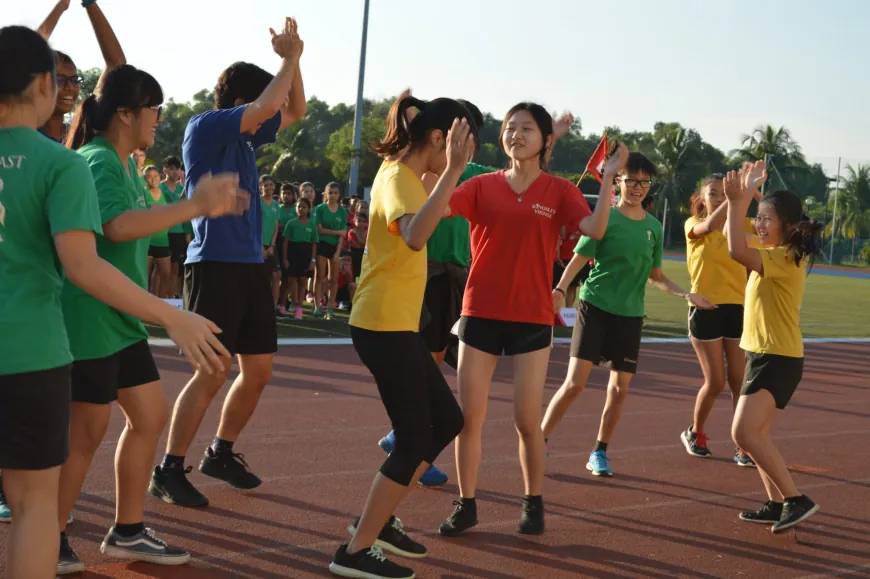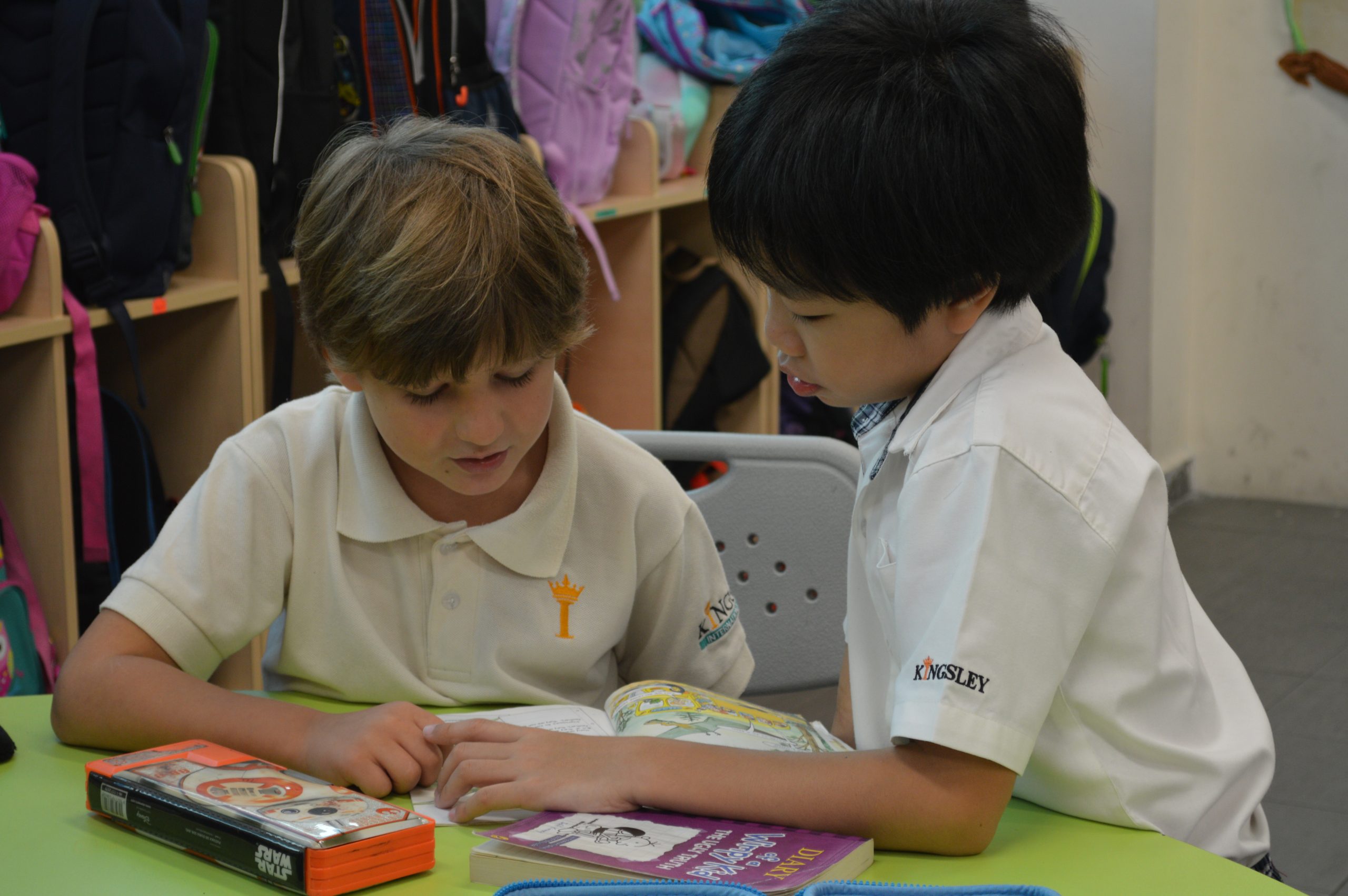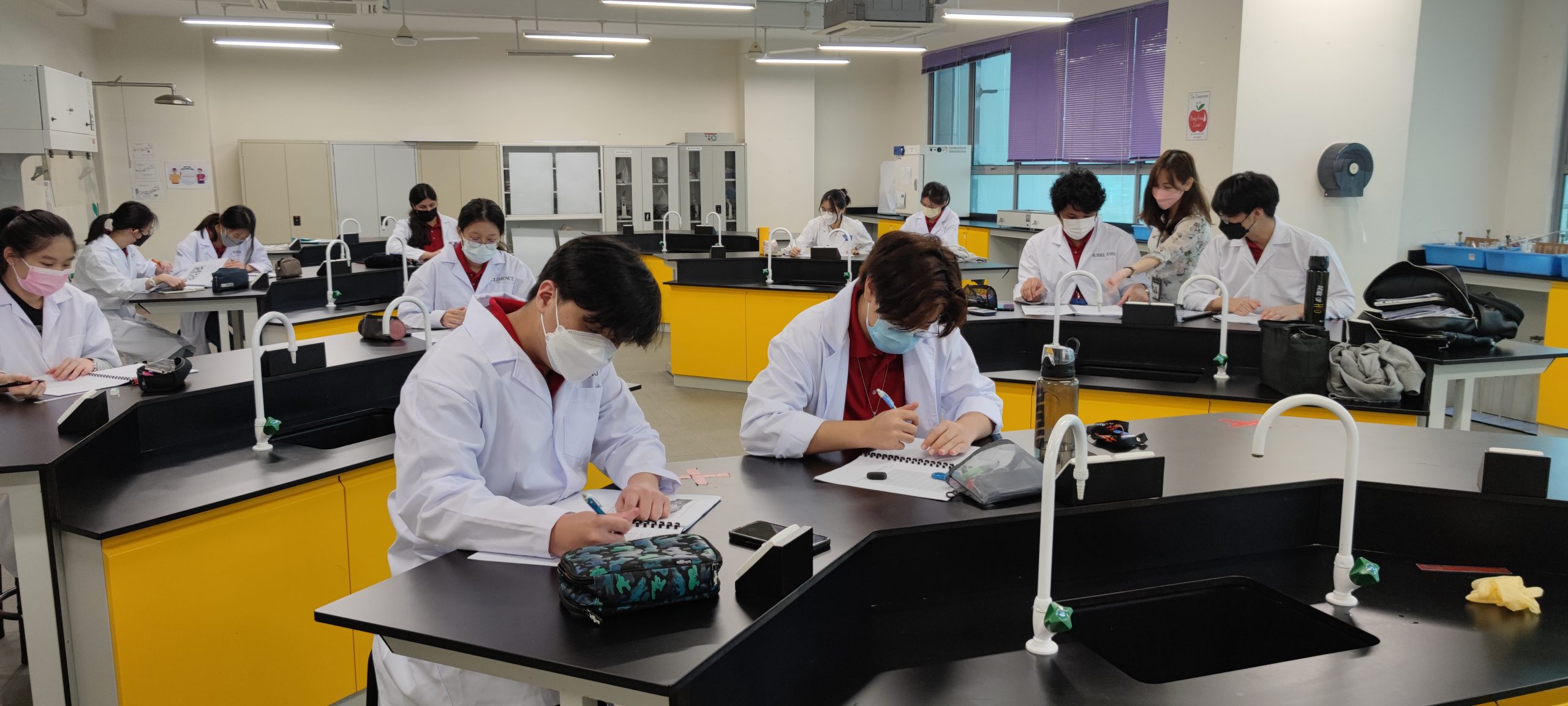Habits of successful students: Small changes, big impact!
Habits of successful students

Have you ever asked yourself what success looks like? How do you measure success?
Success presents itself differently to a diverse group of people – it could be the ability to speak fluently in multiple languages, play musical instruments beautifully, or even score exemplary grades in school.
At Kingsley, we underscore the importance of recognising each individual’s potential. By acknowledging the different potentials, we aim to set children up for success!
“You’ll never change your life until you change something you do daily. The secret of your success is found in your daily routine.” – John C. Maxwell
Being a successful student is not just about intelligence or talent; it’s about developing effective habits that can lead to academic excellence and personal growth.
The popular belief of success being determined by natural abilities contradicts the ongoing argument of “nature vs nurture” – one can be successful so long as the right habits are being developed.
So how does one make these small changes to improve quality of life? It’s important to identify one habit at a time and make it part of one’s daily routine.

Let’s explore some key habits that successful individuals cultivate, and how these seemingly small changes can have a profound impact on their lives.
Manage time
“The key is in not spending time, but in investing it.” — Stephen R. Covey
Time management is crucial in success. It’s a valuable commodity that cannot be exchanged for anything else except for invaluable moments that define the person we choose to become.
What does a typical day look like for a student at Kingsley?
Our children start bright and early – we encourage them to make the most of their time in school and lead by example.

The children are provided with a timetable, designed to maximise their learning experience which include:
- Core subject learning & lessons
- Elective subject lessons
- Revision time
- Extracurricular activities
This curated schedule ensures that each child is given the opportunity to build on their potential while teaching them about the value of time well spent.

Our students are also encouraged to create their own schedule or to-do list, breaking down assignments and study sessions into manageable chunks. By allocating specific time slots for different activities, they are able to accomplish more and put off less urgent tasks.
They also set realistic deadlines for themselves, completing their work well ahead of time so that they can revise and improve it, while slotting in ample time to rest and recover.
Set goals
“The trouble with not having a goal is that you can spend your life running up and down the field and never score.” —Bill Copeland
Feeling lost? It’s okay.
That feeling is completely normal, but it should not hinder children from achieving milestones and recognition for their accomplishments.
Our teachers and staff consistently strive to ensure that each lesson, activity and interaction with students is significant–by demonstrating the purpose.
The meaningful outcome goes to show how crucial it is for students to create objectives that they want to achieve.
Goals provide direction for their studies and help them focus on specific areas of improvement. Each assignment is broken down into manageable chunks and is scheduled in their agenda for completing each step.
This helps them avoid procrastination and stay on track with their work.

Learn to focus
“The shorter way to do many things is to only do one thing at a time.” – Mozart
Studies at Stanford University have shown that multitasking is less efficient than focusing on a single task at a time.
In order to be successful, focusing on one task at a time is paramount to productivity and learning. This allows them to complete an assignment without interruption and make the most of their time.
Focusing also has multiple benefits which include:
- Improved Quality of Work
- Increased Productivity
- Better Time Management
- Enhanced Concentration
- Reduced Stress
- Improved Memory Consolidation
- Enhanced Decision Making
- Increased Job Satisfaction
- Effective Communication
- Reduced Mental Fatigue
Children benefit from the outcome and learn to understand that distractions can derail them from achieving their goals and must take measures to avoid these distractions.
This might mean turning off their cell phones when they are studying, or taking a break from their routine and going for a walk.
Find Your Motivation
“All our dreams can come true — if we have the courage to pursue them.” – Walt Disney
Apart from a goal, motivation is the fuel that keeps us moving forward. It drives students to continue working on a task even when they don’t feel like doing it.
Children are capable of self-motivation by contemplating the rewards of finishing a task, such as the feeling of accomplishment, getting good grades in tests or the knowledge that something important has been attained.

Self-care and balance
“There’s nothing more important than our good health – that’s our principal capital asset.” – Arlen Specter
ML Kingsley International School recognises the importance of well-being and self-care. We nurture our students by providing them with love, care and guidance, while instilling the independence of self-care within themselves as well.
Successful students recognise the significance of self-care and maintaining a healthy balance between academic commitments and personal well-being.
What does a balanced schedule look like?
The children prioritise:
- getting enough sleep
- eating well
- engaging in regular exercise
These habits all contribute to improved focus, productivity, and overall mental and physical health.
They also make time for hobbies, relaxation, and spending quality time with family and friends, recognising the importance of a well-rounded life.
Enriching the lives of our students
At Kingsley, we believe that academic success is not solely dependent on natural intelligence or talent. It requires a commitment to developing good study habits and daily routines. Our holistic curriculum ensures that each student acquires a range of skills and knowledge, including academic, social and emotional competencies. With a strong foundation in these areas, students are more likely to be successful in school and beyond.
Students can choose from a wide range of subjects, finding ample opportunities to develop real-world skills as they learn and grow in a global community. We design our lessons to be interactive and engaging. We help our students achieve their educational goals by using innovative teaching methods such as discussions, pair work, presentations, debates/dialogues and hands-on activities.

We also encourage our students to participate in extracurricular activities, such as clubs, sports, and community service. These activities not only help students develop essential skills such as leadership, teamwork, and communication but also provide them with a well-rounded experience where they can explore their interests outside the classroom.
At Maple Leaf Kingsley International School, we encourage students to think independently and tackle challenges with confidence. This is why we believe in the importance of a holistic education that goes beyond just academics. Our students are encouraged to explore different aspects of their lives, develop their skills and interests and ultimately become well-rounded individuals who can contribute positively to society.
Learn more about our curriculum today!












